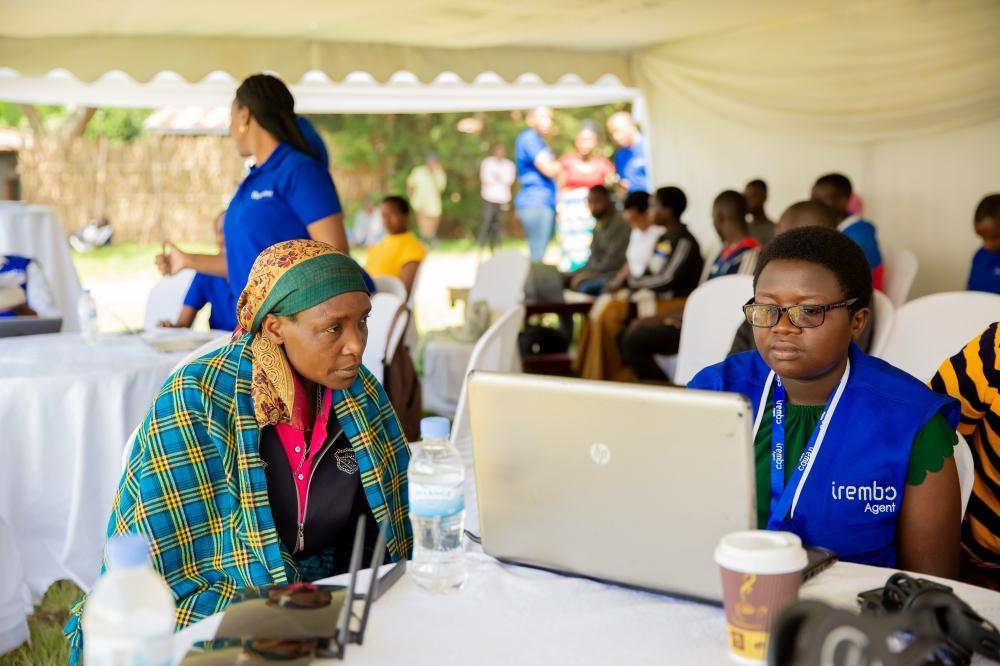Africa-Press – Rwanda. Rwanda is developing a new digital platform, Mbaza, designed to improve service delivery across local government institutions.
Local government minister Dominique Habimana announced the development on Tuesday, October 14, while appearing before parliament to discuss challenges affecting public service delivery.
During the session, MPs raised concerns over persistent delays in issuing construction permits and the malfunctioning of the e-Citizen platform, where people reported difficulties in accessing toll-free assistance or sending SMS requests for e-services.
In response, the minister said the new upcoming system is designed to address such challenges and deliver more efficient and reliable services than the previous platform, which is currently offline as development of the new one continues.
“After years of using the e-Citizens platform, which has demonstrated the value of technology in improving service delivery and addressing citizens’ needs, we are now finalising a more advanced system called Mbaza,” he said.
“It will integrate various institutions and help track and resolve citizens’ concerns in real time.”
According to the minister, the system is in its final development stages and is expected to be operational before the end of this year.
The upcoming platform will incorporate Artificial Intelligence (AI) to enhance the reporting and management of citizens’ requests. It will allow users to submit requests through multiple channels, including SMS, web portals, mobile applications, and other digital tools.
‘Mbaza’ will also be linked with Irembo, Rwanda’s main e-governance portal, to reduce the need for citizens to navigate multiple systems.
“This will help improve the tracking of service delivery, ensuring that within 24 hours, citizens can know the status of their requests and how they are being handled,” Habimana explained.
Designed in line with Rwanda’s decentralisation policy, the platform will be accessible to officials at sector and cell levels. It is expected to help ease congestion at local offices by reducing the number of in-person visits, while complementing, rather than replacing, traditional communication channels such as community meetings.
“The system will not only reduce the volume of requests but also ensure transparency by storing records of how each case was handled. This will make it easier to verify whether citizens received the services they were entitled to,” the minister added.
For More News And Analysis About Rwanda Follow Africa-Press






